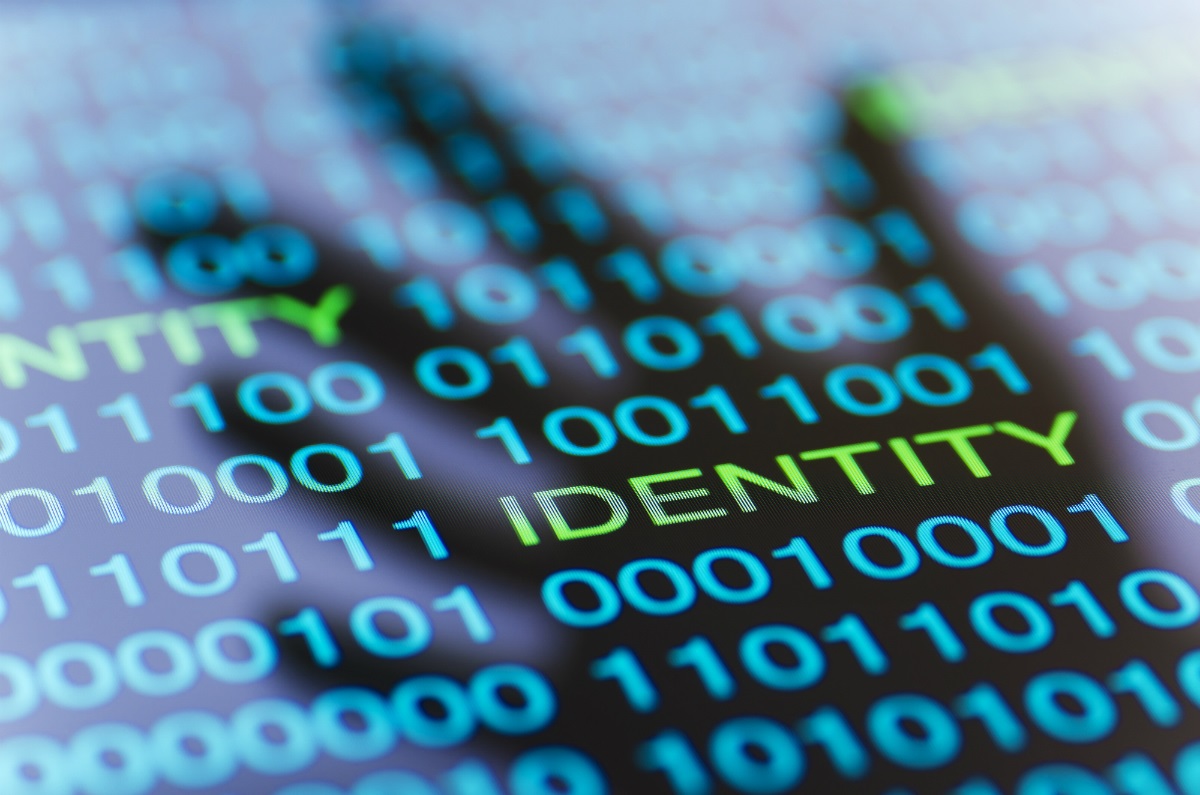The Consortium for School Networking (CoSN) has recently made available new resources to support local educational agencies’ cybersecurity efforts and policies surrounding artificial intelligence (AI).
Tailored specifically to meet the needs of K-12 institutions, CoSN’s new NIST [National Institute of Standards and Technology] Cybersecurity Framework Resources Alignment for K-12 web page seeks to ease the complexities of managing cybersecurity in educational settings by offering a comprehensive suite of resources, guidance and best practices aligned with the NIST Cybersecurity Framework’s core functions.
And on Oct. 11, CoSN released jointly with the Council of the Great City Schools (CGCS) a K-12 Generative Artificial Intelligence (Gen AI) Readiness Checklist that provides a comprehensive list of factors to consider before implementing Gen AI solutions within their school districts.
Gen AI — capable of generating text, images or other media, using generative models popularized by ChatGPT, DALL-E and more — has the potential to revolutionize education, but successful implementation requires careful planning and consideration of various factors, experts note.
The K-12 Gen AI Readiness Checklist offers a curated list of questions to help district leaders devise implementation strategies across six core focus areas: Executive Leadership, Operations, Data, Security, Technology and Risk Management. The resource focuses on ensuring that Gen AI solutions are free from bias or algorithmic discrimination, protect data privacy and have a clear understanding of the sources of generated information.
“While there are numerous discussions surrounding the opportunities and challenges of Generative AI in K-12 education, practical guidance for educational leaders has been lacking,” CoSN CEO Keith R. Krueger said in a statement. “This breakthrough checklist serves as the foundation for practical action and lays the groundwork for further development as the field of Gen AI matures.”
The release of the checklist and accompanying guidance — Leveraging the K-12 Gen AI Readiness Checklist: A Guide for District Leadership — is just the first step CGCS and CoSN officials say they are taking to assist school districts in preparing for the adoption of this transformative technology. The next phase of the initiative will expand upon the considerations outlined in the checklist to develop a comprehensive K-12 Gen AI Readiness Assessment rubric to allow school districts to self-evaluate their Gen AI readiness maturity and pinpoint specific areas requiring further attention.
CGCS Executive Director Ray Hart expressed hope that the checklist and future resources will help to ensure equitable access to AI.
“By simply blocking the use of Gen AI, districts are unintentionally widening the gap between those who have personal access to this tech outside of school and those who do not,” Hart said. “We know the future will include Gen AI in many forms and functions, and we have a responsibility to prepare students for that future. By creating this checklist, we hope to provide awareness and understanding among K-12 leaders of how they can safely implement Gen AI so every student can learn how to use this transformative technology.”
Additional CSBA resources:
- Understanding Artificial Intelligence in K-12 Education: What Governance Teams Should Know, brief
- AI Has Arrived: Artificial intelligence technology is already infiltrating classrooms, California Schools summer 2023
- Cybersecurity guidance, questions and resources for school governance teams
- The New Frontier in School Safety: Best practices for preventing and preparing for cyberattacks in K-12 schools, California Schools spring 2023




